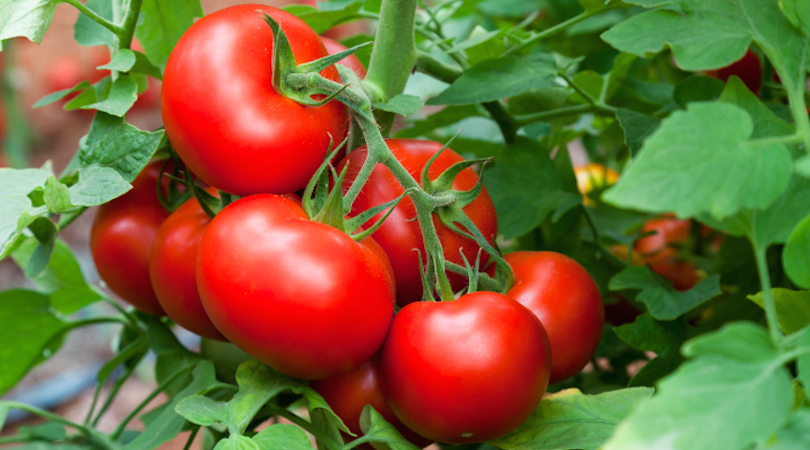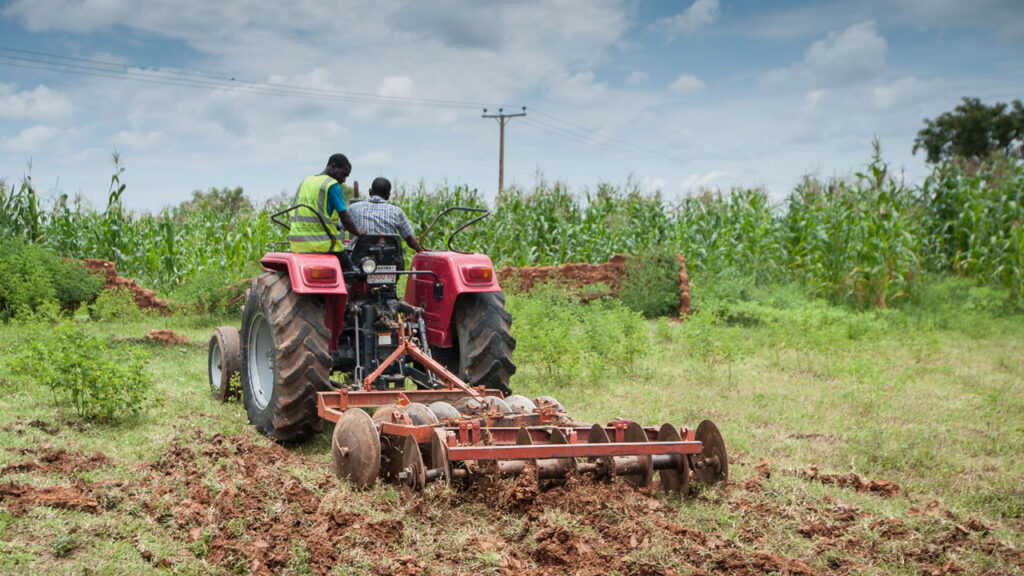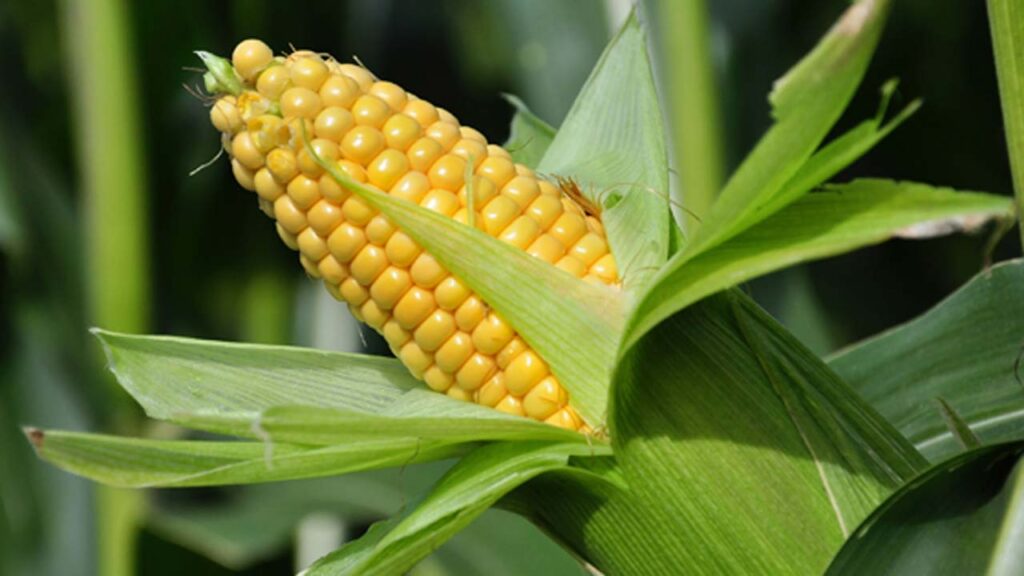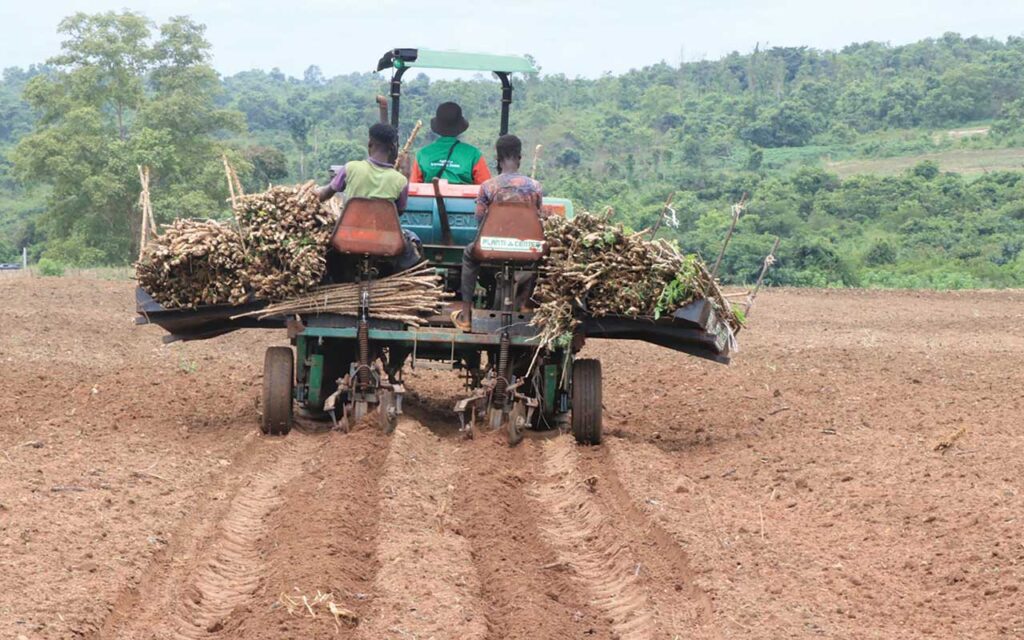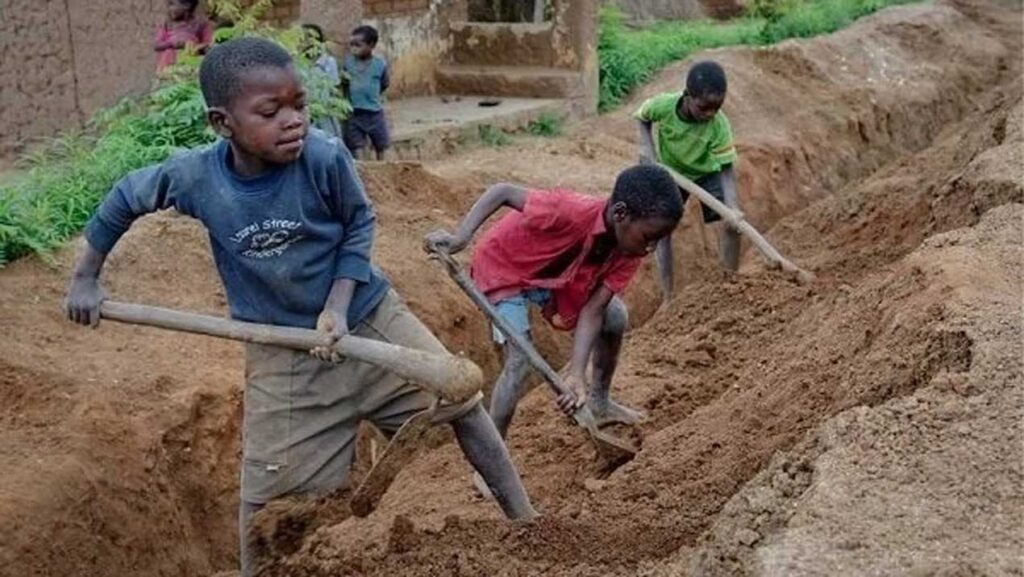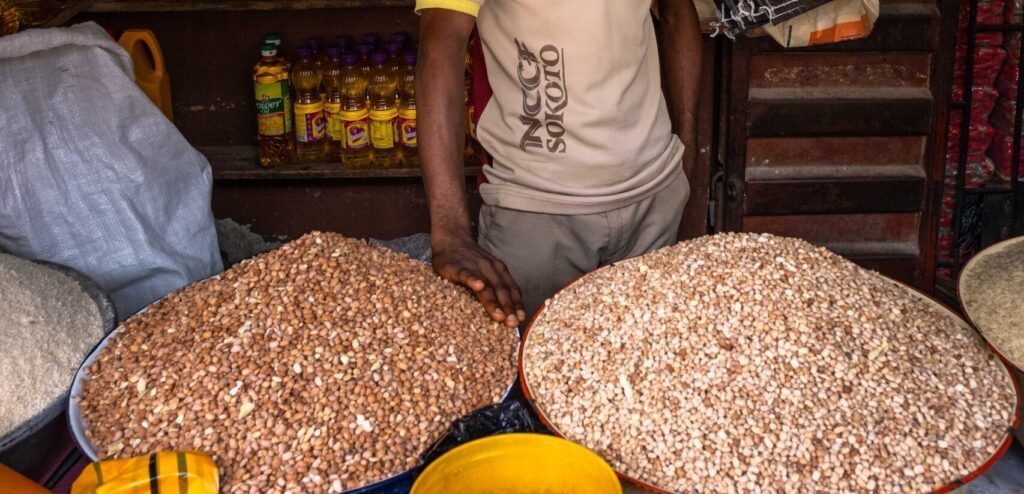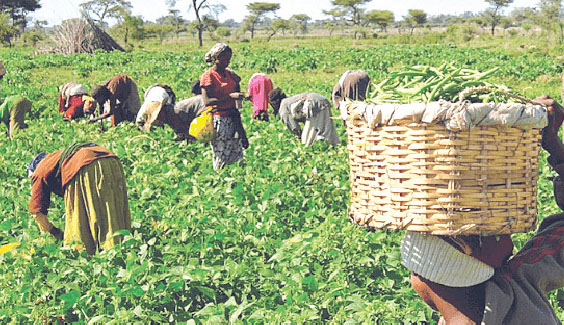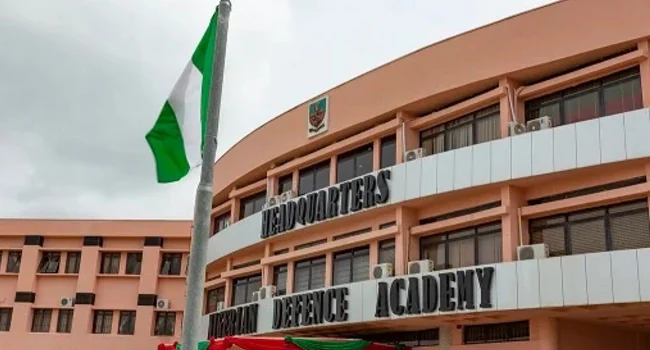
Despite the promises and the hypes by the current administration to transform the agricultural sector, for the country to attain its food sufficiency dream, stakeholders say the sector has seen little or no impact in the last one year.
In his second month in office, President Bola Tinubu declared a state of emergency to tackle rising food prices and shortages. Some of the initiatives include using money saved from the fuel subsidy removal to provide fertiliser and grain to farmers.
Rather than abating, the situation hasn’t improved, as the policies haven’t achieved much impact. The last one year has seen more food shortage leading to further increase in the prices of food commodities. The country’s inflation rate rose to 33.69 per cent in April compared to March headline inflation rate which was 33.20 per cent.According to the National Bureau of Statistics (NBS)’s Consumer Price Index (CPI) latest report, the headline inflation rate (year-on-year basis) increased in the month of April 2024 when compared to the same month in the preceding year (i.e., April 2023).
Prices of food and basic commodities have gone through the roof over the weeks, as Nigerians continue to battle with high cost of living.
The Chief Executive Officer of Green Sahara Farms, Plateau State, Suleiman Dikwa, who disclosed that the government’s declaration of food security as a national emergency, meant to achieve all-year-round farming through irrigation and stabilise food prices has not achieved any purpose.
He said one of the opportunities not explored by government, is taking advantage of companies and major players in the sector in terms of walking their talk with regards to sustainability issue. He added that the step would have taken pressure off food affordability because the pressure of prices comes from demand by the big players and exporters.
“Of the three fundamental food security issues, which are availability, affordability, and nutrition, while food is available, it is not affordable, and hence, the majority cannot meet their nutritional needs. Investments by the government have been in the wheat sector as the first project, which includes the importation of seeds. We have not heard of other similar interventions. This is reminiscent of the failed interventions of the past.
“In the report by the minister, about N309b has been spent in one year with a view to achieve food security with the launch of about 100,000 hectares, whereby Jigawa leads by cultivating 40,000 hectares, contributing an estimated value of N300b into the economy.
“I took this example to show that this approach still ignores the fact that post-harvest losses stand at N2.7tr according to the NBS. This over N309b would have better served the economy if invested in reducing post-harvest losses with every billion invested in saving about N10b, thereby improving return by unit of land and hence imported livelihood for about 30 percent of the Nigerian population involved in agriculture and dependent on the land for livelihood, which produces 21 percent of our Gross Domestic Product (GDP).”
Dikwa noted that there is need to look at the irrigation systems, where countries deploy territorial irrigation and subsidise local rural production through full value chain development with the aim of making the rural areas habitable, hence reducing the issue of insecurity, mainly driven by poverty due to lack of basic agricultural infrastructure.
He added that the collective approach has been to continue the drive to the unsustainable agricultural system being rejected globally for its effect on climate and human wellbeing, ignoring an area where the country has a competitive advantage at a time when the country lack the resources to go the synthetic way.
“One opportunity not explored is taking advantage of companies and major players in the sector in terms of walking their talk with regards to sustainability issue. This would have taken pressure off food affordability because the pressure on prices comes from demand by the big players and exports.”
On his part, the former Executive Director, National Agricultural Extension Research and Liaison Services (NAERLS), Ahmadu Bello University, Zaria, Kaduna State, Prof Khalid Othman, said the administration performed below expectations, as insecurity continues to prevent farmers from going to the farms in security-prone areas.
He added that high cost of farm inputs is “beyond the affordability of farmers, and extension services remain ineffective and nothing much change in the last one year as far as Agric is concerned.
“The state of emergency on food security is the best policy pronouncement of President Tinubu’s government. None of the previous administrations, military or civilian, declared an emergency on food security except this regime. I studied the press brief of the Minister of Agriculture, Senator Kyari, that the declaration was backed by a comprehensive intervention plan on food security, affordability, and sustainability, taking decisive action to tackle food inflation.
“The declaration came when Nigeria earned an infamous rank of 27.3 per cent on the 2022 Global Hunger Index, code-named serious hunger, placing it 103rd out of 121 countries.
According to a November 2022 World Food Program (WFP) survey, which covered 26 states and the Federal Capital Territory (FCT), 34 per cent of people live in stressed food security situations.
“In June 2023, the inflation rate for food prices increased by 0.38 per cent, from 22.41 per cent to 22.79 per cent in the previous month. Has the declaration changed the situation? Has the declaration broken the jinx of poverty and hunger associated with Nigerians? The simple answer to these questions is that the food situation has worsened.”
“Looking at the recent report of the World Food Programme on Nigeria’s poverty and food security, part of the report says, “Conflict and insecurity, rising inflation and the impact of the climate crisis continue to drive hunger in Nigeria – with 26.5 million people across the country projected to face acute hunger in the June-August 2024 lean season.”
He said the figure is a staggering increase from the 18.6 million food-insecure people at the end of 2023, noting that conflict in the North East region has displaced 2.2 million people and left another 4.4 million food insecure in Borno, Adamawa, and Yobe states.
“Three million of them are in Borno State, the epicenter of insurgency. Nigeria is subject to periodic droughts and floods. This has had an adverse impact on agricultural output and increased the vulnerability of populations, especially in rural areas.
“The prices of stable food items such as rice, maize, cowpea, sugar, salt, and several others have multiplied by 1.5 per cent to 3 per cent. Every Nigerian is aware that food items; prices have skyrocketed and become unaffordable to the people. Nigerians do not feel the impact of the policy declaration of emergency on food security,” he said.


